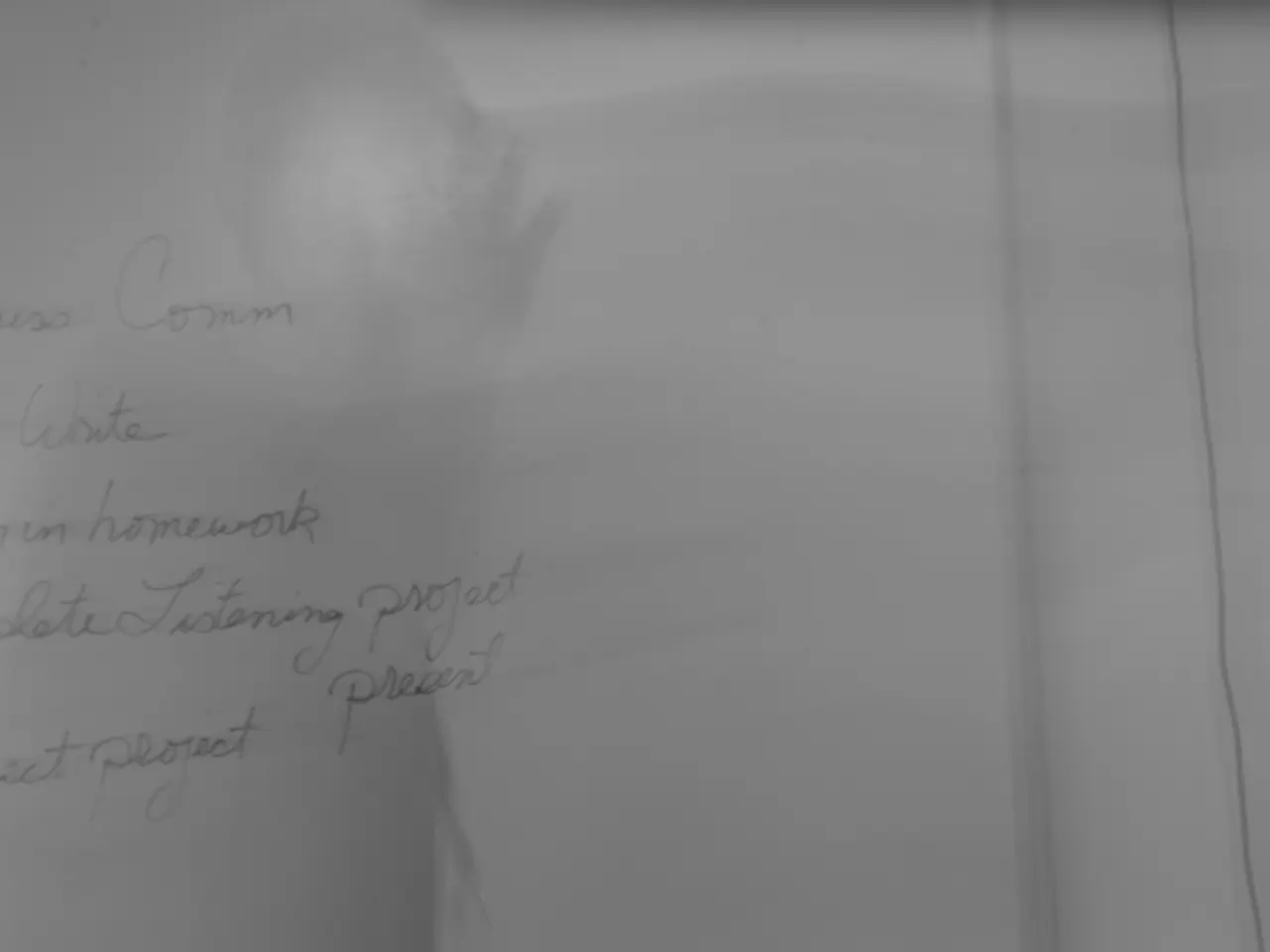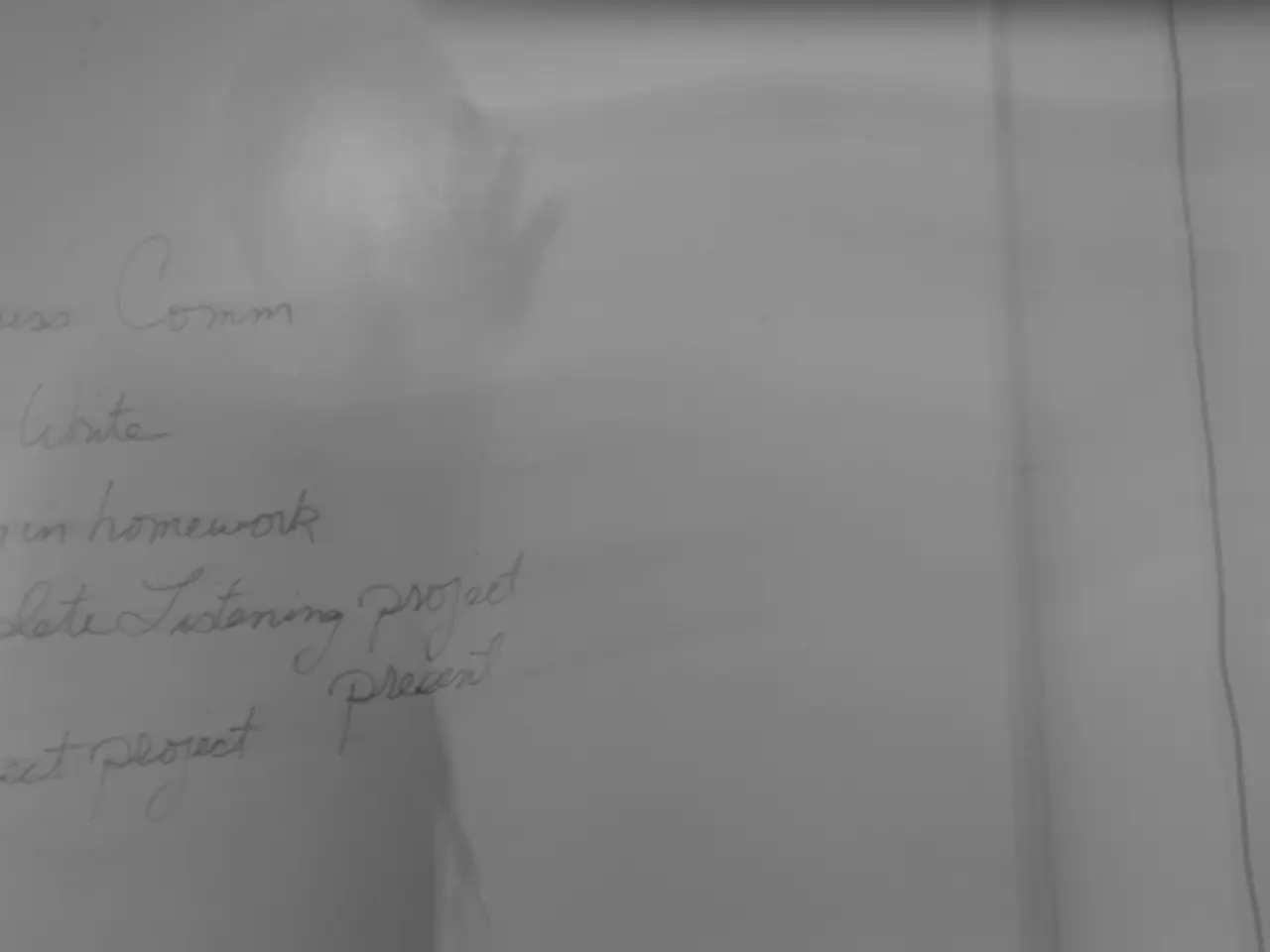Federal unity has deteriorated significantly, reaching levels not seen in several decades.
The Federal Reserve's policy meeting on Wednesday is expected to keep interest rates on hold for the fifth consecutive time. However, two members of the Federal Reserve's Board of Governors, Christopher Waller and Michelle Bowman, are expected to dissent, marking the first time two governors have done so since 1993.
Waller and Bowman have called for the Federal Reserve to resume cutting interest rates this month because they believe inflation has eased more than the Fed’s majority perceives, and the risks from trade policy distortions are becoming less severe.
Christopher Waller views any inflation bump from tariffs as likely temporary but worries about the more significant downside risks to growth and employment. He prefers a 25 basis point rate cut to support the economy given these risks.
Michelle Bowman argues that inflation has come in below expectations recently and that the ongoing trade policies will not have as large an inflationary impact as feared, supporting her case for cutting rates.
Their dissenting positions reflect unease that the current rate hold may be too restrictive amid signs of slowing growth and persistent uncertainties. The Fed as a whole is maintaining rates at 4.25% to 4.5% for now, emphasizing a cautious “wait-and-see” approach due to ongoing inflation concerns and solid but moderating labor market conditions.
However, Waller and Bowman’s votes highlight a faction advocating earlier easing to mitigate possible economic deterioration. The division among policymakers at the Fed illustrates the extraordinary and uncomfortable moment the Fed is in, waiting for clarity on how Trump’s trade war is affecting the US economy.
Fed Chair Jerome Powell has been under pressure from Trump and his allies to lower rates, but the central bank has held off so far this year to see how Trump's policies affect the US economy. Treasury Secretary Scott Bessent stated that they need to examine the entire Federal Reserve institution and whether they have been successful.
Businesses are employing various strategies to deal with Trump's tariffs, but one of them isn't shedding workers. Unemployment stood at a low 4.1% in June and new applications for unemployment benefits remain relatively low, according to Labor Department data. Some businesses have chosen to absorb higher costs instead of jacking up consumer prices to cope with tariffs.
Powell is set to take questions from reporters on the central bank's latest decision at 2:30 p.m. ET. Wednesday's decision probably won't sit well with Trump due to his persistent calls for supersized rate cuts. The Trump administration seized on the Fed's $2.5 billion renovation of its headquarters in Washington, DC to pile more pressure on Powell to lower borrowing costs.
The Trump administration is adamant on transforming the world's most powerful central bank and has already begun that process by elevating Bowman as a vice chair to lead banking regulation. The Fed is currently reviewing a set of banking rules that came about in the aftermath of the global financial crisis of 2008.
Inflation has remained tame due to strategic decisions businesses have made to steer through Trump's ever-evolving trade war. The impact of Trump's tariffs on inflation has been limited so far. Sarah Wolfe, senior economist at Morgan Stanley Wealth Management, stated that they are looking at companies' earnings call transcripts to see if they're looking towards layoffs.
The Fed is also responsible for maintaining the labor market's strength. If Waller and Bowman dissent, they advocate for resuming rate cuts this month to keep the labor market intact. The job market remains in decent shape, for now.
In conclusion, the Federal Reserve's policy meeting on Wednesday is a significant event, with Waller and Bowman's dissenting votes adding to the tension. The Fed's decision will have a significant impact on the US economy, and the outcome is eagerly awaited.
- Amid signs of slowing growth and persistent uncertainties, Christopher Waller and Michelle Bowman dissent against the Federal Reserve's decision to keep interest rates on hold, advocating for a resumption of rate cuts this month.
- The current rate hold is met with unease from Waller and Bowman, who argue that it may be too restrictive for the economy given the risks of possible economic deterioration.
- While the Fed maintains its stance on interest rates, citing ongoing inflation concerns and solid but moderating labor market conditions, Waller and Bowman's dissenting positions indicate a faction advocating earlier easing to support the US economy.




